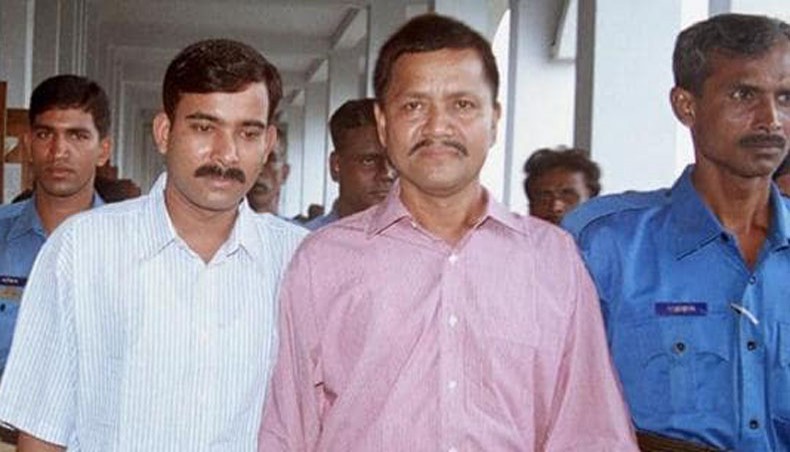
United Liberation Front of Assam’s founding leader Anup Chetia’s daughter has tied knot with a Bangladeshi youth, who is her classmate and now settled in Australia.
The marriage ceremony was held on September 30 between Banya Baruah and Bangladeshi youth Anirban Chowdhury at Assam’s Jeraigaon, Anup Chetia’s native village in a traditional style of the Motok community.
Anup Chetia, whose real name is Golap Baruah, told New Age that this marriage would bolster people-to-people relations between Bangladesh and Assam. A formal reception would be held on November 25 at a Melbourne temple in Australia.
‘Many still have misperception. But it is a period of globalisation,’ said Anup, whom the Indian media calls pro-talk ULFA leader.
He added that Banya Baruah had fallen in love with her classmate Anirban Chowdhury during their study at Mastermind, an English medium school in Dhaka.
The 67-year-old Assamese leader stated that he was not much aware of their relationship, but he himself understood his love for the Bangladeshi people during his stay in the country and even in jail.
Anirban hails from Cumilla district whose family resides at Dhanmondi in Dhaka. His family members have already visited Anup Chetia’s house in Assam recently, according to the leader.
Anup Chetia was deported from Bangladesh in 2015 to enable him to take part in peace talks between the ULFA and the Narendra Modi-led Indian government.
In 1979, Anup Chetia and a few other Assamese decided to take up arms to establish an independent sovereign nation state of Assam for the ethnic Assamese through an armed struggle.
The ULFA leaders including Anup Chetia fled India and took shelter in Bangladesh following army operations in Assam.
Anup Chetia was arrested at Bangladesh in 1997 and was in jail till his deportation in 2015.
‘There should be more marriages between boys and girls in Assam and Bangladesh in order to improve people-to-people relations,’ argued said.
He thinks that this marriage would help him visit Bangladesh and his friends.
‘I missed my friends in Bangladesh especially those who helped me during my prolonged life in prison in Dhaka,’ Anup concluded.
